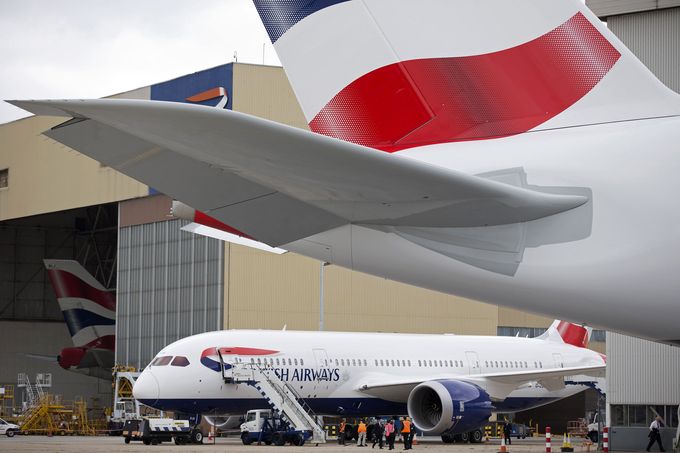- Nigeria Loses $25bn to Foreign Ship Owners in 2 Years
The Executive Secretary of Nigerian Shippers Council (NSC), Mr Hassan Bello, on Friday said Nigeria lost $25 billion to foreign ship owners between 2015 and 2017.
Mr Bello, who was on a courtesy visit to the Ministry of Budget and National Planning in Abuja, further stated that over $9.08 billion was paid to foreign ship owners as freight for dry and wet cargoes in 2015.
According to the Executive Secretary, the trend started years ago, saying over $7.55 billion was lost to foreign shipping firms in 2016.
Again, a total of $8.60 billion worth of freight opportunity was lost from import and export of dry and wet cargoes in 2017. Bringing total lost to $25.23 billion within two years.
“As a result of this, the Federal Ministry of Transportation, through the Minister of Transportation, Rotimi Amaechi, set up a committee for the Nigerian fleet implementation,” Bello said.
The committee was set up to examine the chances of using existing shipping firms to run a Nigerian fleet and provide a framework for establishing a shipping firm.
However, Mr Bello said for government to gain from the programme, a conducive business environment backed with a strong political will and comprehensive incentives must be put in place to aid operators.
He said because the Ministry of Budget and National Planning played a vital role in fiscal policy formulation, therefore, it is imperative the NSC visit the ministry.
Speaking on the matter, Minister of Budget and National Planning, Senator Udo Udoma, said all the issues raised will be addressed as the ministry will be working with relevant agencies to resolve the issues.
The Minister stated, “We will work with the Ministry of Industry, Trade and Investment as well as the Ministry of Finance to try and ensure that we address those issues. It is important that your work succeeds.”
“It is very important because, firstly, there is a need for this country to generate more revenue; there is the need to see if we can expand the Nigeria fleet, the work and the cargoes that they carry.”
Udoma added, “We will be saving ourselves foreign exchange and we will be able to generate funds in foreign exchange as well. So, it is very important to create an expansion for Nigerian fleet.”
“We will also be creating jobs for Nigerians. When we expand the fleet, we will also be expanding our transport infrastructure; you can be sure of our strong active support from this ministry.”
Reporting by Betty Chigozirim in Abuja; Editing by Samed Olukoya



 Naira4 weeks ago
Naira4 weeks ago


 Naira3 weeks ago
Naira3 weeks ago


 News4 weeks ago
News4 weeks ago
 Travel4 weeks ago
Travel4 weeks ago




 Naira4 weeks ago
Naira4 weeks ago


 Jobs3 weeks ago
Jobs3 weeks ago
 Naira3 weeks ago
Naira3 weeks ago


 Travel3 weeks ago
Travel3 weeks ago




















